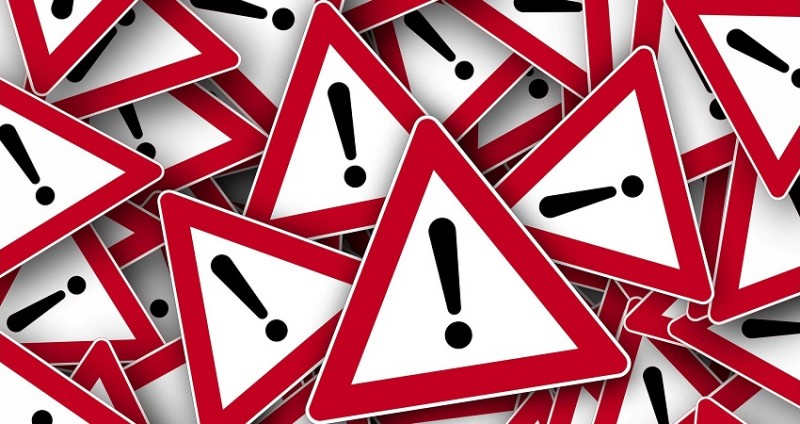
Vitamin D, often called the "sunshine vitamin," plays a crucial role in maintaining your overall health. It helps your body absorb calcium, supports immune function, and contributes to bone health. A deficiency in this essential nutrient can lead to a range of symptoms and health issues. Here’s how to tell if your body might be lacking Vitamin D:
1. Frequent Fatigue and Tiredness
One of the earliest signs of Vitamin D deficiency is feeling unusually tired. If you find yourself feeling drained despite getting adequate sleep, it might be worth checking your Vitamin D levels. This vitamin is vital for energy production and overall vitality.
2. Bone and Joint Pain
Vitamin D is essential for bone health. A deficiency can lead to bone pain and tenderness, particularly in the lower back, legs, or pelvis. If you experience persistent or unexplained joint pain, it might be linked to low Vitamin D levels.
3. Muscle Weakness
Muscle weakness is another common symptom of Vitamin D deficiency. If you’re finding it challenging to perform everyday tasks or if your muscles feel weaker than usual, it could indicate a lack of Vitamin D.
4. Depression or Mood Changes
Vitamin D is thought to play a role in regulating mood. Low levels have been associated with an increased risk of depression and mood swings. If you notice a sudden change in your mood or an ongoing feeling of sadness, it may be related to your Vitamin D status.
5. Frequent Infections or Illness
Vitamin D is known for its role in supporting the immune system. Deficiency can lead to a weakened immune response, making you more susceptible to infections, colds, and other illnesses. If you find yourself falling ill frequently, your Vitamin D levels might be low.
6. Slow Wound Healing
If you have cuts or bruises that seem to heal slower than usual, it could be a sign of Vitamin D deficiency. This vitamin helps in the production of antimicrobial proteins that fight infections and aid in the healing process.
7. Hair Loss
While hair loss can be caused by many factors, it is sometimes linked to Vitamin D deficiency. If you're experiencing significant hair loss, particularly if it’s sudden, it might be worth discussing with your healthcare provider.
8. Bone Loss
Vitamin D helps with calcium absorption, which is crucial for bone density. A deficiency can lead to bone loss and increase the risk of fractures. If you're at risk for osteoporosis or bone density issues, check your Vitamin D levels.
How to Boost Your Vitamin D Levels
If you suspect you’re deficient in Vitamin D, there are several ways to increase your intake:
Sun Exposure: Spending time in sunlight helps your body produce Vitamin D naturally. Aim for 10-30 minutes of sun exposure a few times a week.
Diet: Incorporate Vitamin D-rich foods into your diet, such as fatty fish (salmon, mackerel), fortified dairy products, and egg yolks.
Supplements: Vitamin D supplements are a practical option if you’re unable to get enough through diet or sunlight. Consult your healthcare provider for the appropriate dosage.
Vitamin D is essential for maintaining various aspects of health. If you notice any of the warning signs mentioned above, it might be a good idea to check your Vitamin D levels and consider ways to boost them. Ensuring you get enough of this vital nutrient can help improve your overall well-being and prevent potential health issues.
What is Vitamin IV Therapy? How It Can Make Your Skin Unblemished
Does Vitamin Deficiency Lead to Excessive Sleepiness? Here's What Experts Say
How to Strengthen Your Bones and Prevent Osteoporosis with Proper Nutrition